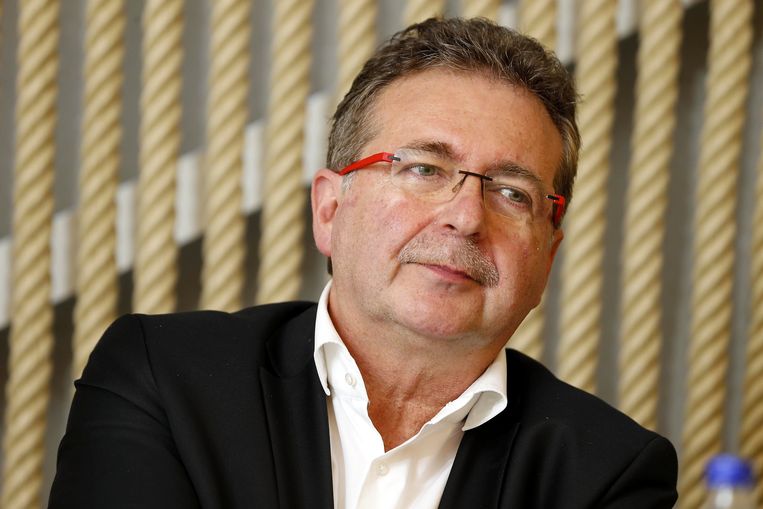The Brussels regional government has introduced measures to combat the rise in cases of coronavirus infection that are tougher than the ones introduced nationally during the week.
The National Security Council (NSC) on Wednesday went some way to relaxing the measures in force, removing the limit on numbers of guests at professionally-organised parties, allowing more discretion in the numbers of close contacts a person may have, and lifting the obligation to wear a mask out of doors at all times.
The NSC measures aroused the anger of medical experts, who said their advice had been ignored. It also provoked a revolt among the rectors of all five Flemish universities, who advised their students to stick to things as they had been before.
Now the government of Brussels region has also turned its back on the NSC, by introducing variant measures of its own which are more strict.
Yesterday at 17.00, Brussels minister-president Rudi Vervoort called an urgent meeting of the region’s crisis cell, made up of the mayors of the 19 communes, heads of the six police zones, the chief administrator and the chief prosecutor of the Brussels arrondissement.
The obligation to wear a mask outside is lifted, but each person must have one on their person at all times. Masks remain obligatory at the entrances and exits of schools, and in busy places such as shopping streets on order of the local mayor.
Bars must close at 23.00 instead of 01.00.
Between the hours of 23.00 and 06.00, no gatherings are permitted of more than ten people.
Shops that sell food or drink must close at 22.00 – already the case for night-shops.
No food may be consumed at street markets.
The Brussels measures, like those of the NSC, come into force on Thursday 1 October, apart from those affecting closing times, which come in immediately on Monday.
The new tougher measures are a response to the rising number of infections in the region, which is higher than the increase nationally. While the daily average of new cases nationwide is currently at 1,528.7, in Brussels it is 2,305 – higher than any of the provinces (Antwerp is closest on 1,921) and 460 a day higher than the week before.
Similarly, Brussels has a higher incidence – the number of cases per 100,000 population – than any province, at 340.7, compared to 232.6 in Liege province in second spot.
Alan Hope
The Brussels Times

